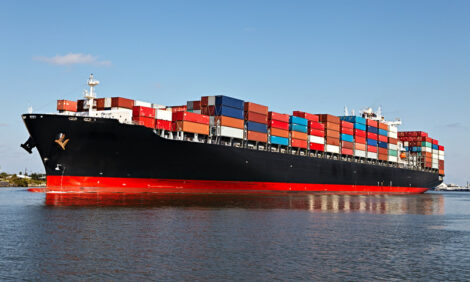



Argentine meat packers reach preliminary export agreement with government
Argentine meat packers have reached a preliminary deal with the government that will allow them to partially reopen beef exports after a month-long suspension aimed at cutting domestic food price inflation, an industry source said on 16 June.
Reuters reports that Argentina, China’s second-biggest beef supplier after Brazil, halted exports for a month in mid-May as it grapples with fast rising domestic food prices. Meat packers have been negotiating a way to lift the curbs amid fears they could be extended.

“There is a preliminary agreement on the amount to be exported. All other details are being discussed,” a source from the meat exporting sector, with direct knowledge of the talks, told Reuters. Government spokespeople declined to comment.
Local newspaper La Nacion reported that the government had proposed that meat processing plants export 50% of their usual volume during June and July. The story cited an unnamed source saying “a general consensus” had been reached on a deal.
In the case of quotas agreed with the European Union and the United States, and shipments of kosher meat to Israel, the re-opening would be 100%.
“That is what the state said it wants. It remains to be seen if it will relax those terms,” said a second source, who asked not to be named due to the political sensitivity of the issue.
The difference in positions had been “narrowing,” a source in the office of President Alberto Fernandez said on Tuesday.
Overall inflation in Argentina is expected at about 50% this year. With congressional elections looming at the end of the year, beef prices are a huge political issue in Argentina, where weekend barbecues are part of the local culture.
In the 12 months through April, meat prices in Argentina soared 60%-70%, according to official data. In the first four months of 2021, 28.8% of the 965,286 tonnes of beef produced in Argentina were exported, of which 76.6% went to China.
Read more about this story here.
Source: Reuters


